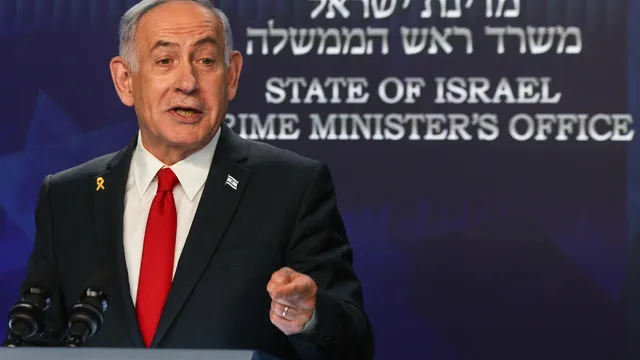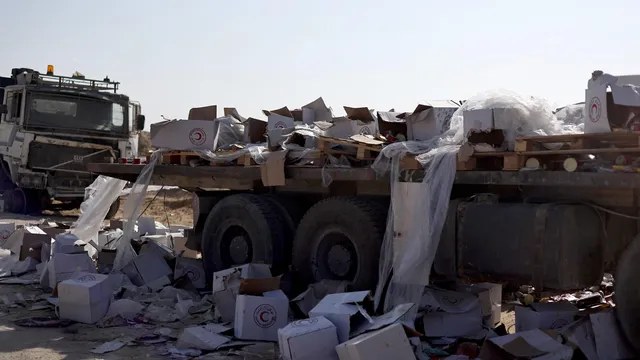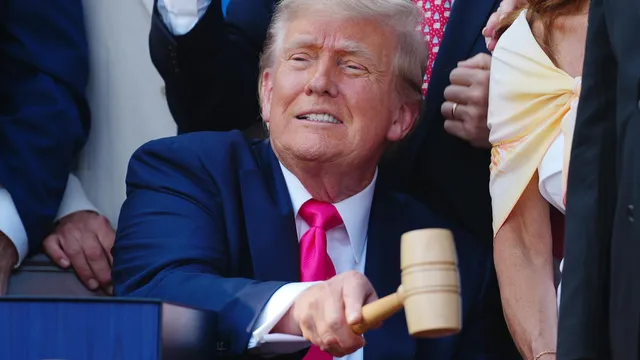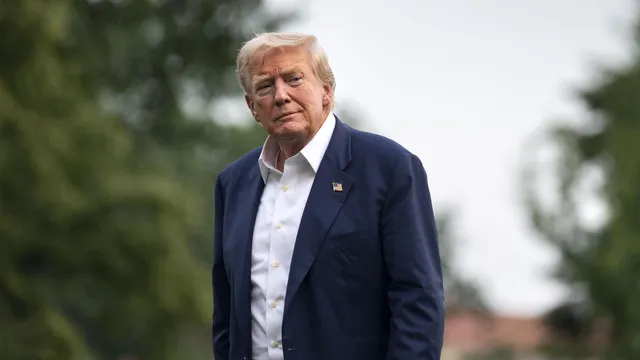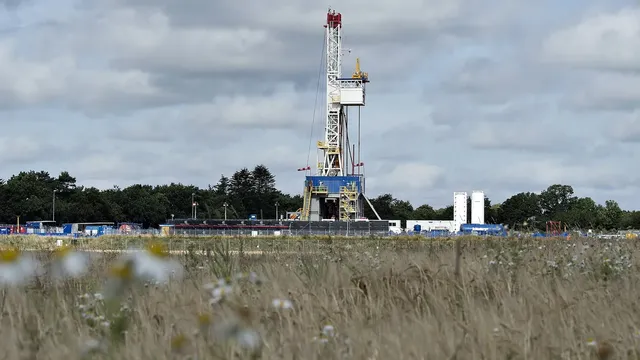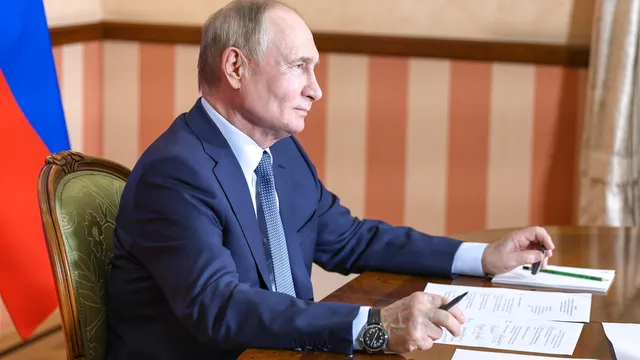Israeli Prime Minister Benjamin Netanyahu has realised his nearly 20-year-old threat of a powerful strike against Iran, while US President Donald Trump has warned Tehran of more “violent” attacks if it does not return to the negotiating table.
In its largest military operation against Iran to date, Israel struck about 100 targets - including nuclear sites and command centers of Iran's armed forces. The Chief of General Staff, leading scientists linked to the nuclear programme and other senior figures were killed.
The operation coincided with planned U.S.-Iran talks in Oman on Sunday aimed at reaching a new agreement on the Islamic Republic's nuclear program.
“We're very close to a good agreement,” Trump told reporters on Thursday, just hours before news of the Israeli attacks became public.
“I don't want them (the Israelis) to come in because I think they're going to blow the whole thing,” he added.
The next day, Trump was no longer showing alarm. On his Truth Social platform, he called on Iran to make a deal:
“There has already been much death and destruction, but there is still time to stop this bloody conflict before the next - even more brutal - strikes are delivered.”
The right time
Netanyahu, who has always rejected the idea of dialogue with Iran, ignored Washington's initial warnings and took advantage of tectonic shifts in the Middle East since the Gaza war began in October 2023.
“I doubt Israel would act if the US had categorically forbidden it,” Menachem Merhavi, an Iran expert at the Hebrew University of Jerusalem, told AFP.
He said the timing of the strike was logical as Israel has systematically weakened Iranian influence in the region over the past year and a half, especially among Tehran-backed militias and allies.
Netanyahu revealed that he had “ordered” the attack on the nuclear program months earlier:
“It was necessary to act, and I set a deadline for implementation - the end of April 2025. For a number of reasons, however, this did not happen.”
His obsession with Iran predates the Gaza war and has its roots in the events of 2005, when then-Iranian President Mahmoud Ahmadinejad sparked an international scandal by calling for Israel to be “wiped off the map.” Netanyahu, then in opposition after his first term as prime minister (1996-1999), described Iran's nuclear program as a “serious threat to the future.”
“Israel must do everything possible to prevent Iran from acquiring nuclear weapons - even if that means direct strikes, as in Iraq in 1981,” he said then.
Although Iran has consistently denied pursuing an atomic bomb since returning to power in 2009, Netanyahu has repeatedly rejected Tehran's assurances and insisted on a “military option.”
In 2015, he called the UN Security Council agreement with Iran a “historic mistake.” And when Trump pulled the US out of the deal in 2018, Netanyahu applauded his decision.
In response, Iran phased out its commitments, enriching uranium to near-required levels and in unprecedented quantities - something Netanyahu used as justification for more pressure against the nuclear program.
“Middle East realignment”
All the while, Israel's Mossad intelligence service has been secretly working to undermine Iran's nuclear program.
Since the start of the Gaza war, Netanyahu has repeatedly stated that he aims to “rearrange the Middle East.”
In late 2024, Israel dealt a major blow to the Iranian “axis of resistance” by paralyzing the military capabilities of the Lebanese group Hezbollah. The fall of Syrian President Bashar al-Assad - another important ally of Iran - has further cemented the regional dominance of Israel, which remains the only nuclear power in the region, albeit unofficially.
A key reversal came after Iran fired 200 missiles at Israel in October 2024. Israel responded with direct strikes deep into Iranian territory - something extremely rare. Then-Defense Minister Yoav Galant said this “changes the balance of power.”
In February 2025, Netanyahu told U.S. Secretary of State Marco Rubio:
“With the support of the Trump administration, I have no doubt that we can and will finish what we have started.”
According to Danny Zitrinowitz of the Institute for National Security Studies in Tel Aviv, Trump likely views Israel as a tool in realizing his own goals:
“He believes that the weaker Iran is, the easier it will be to make a nuclear deal.”
Holly Dagress of the Washington Institute for Near East Policy, however, believes the Trump administration is seriously underestimating Iran:
“If they think they're going to hold a sixth round of talks in Oman this Sunday, then they don't understand how the Islamic Republic works at all.” | BGNES, AFP

 Breaking news
Breaking news
 Europe
Europe
 Bulgaria
Bulgaria
